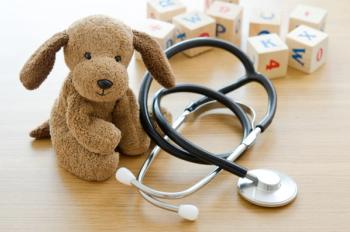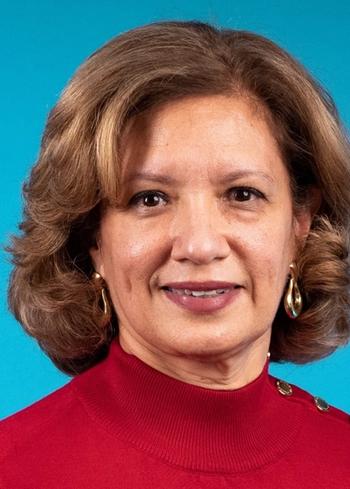
Abnormalities in Chromosome 11p15 Associated With Pediatric Adrenocortical Tumors
Chromosome 11p15 abnormalities should be suspected among children with adrenocortical tumors even in the absence of phenotypic signs of genetic growth disorders like Beckwith-Wiedemann syndrome (BWS), according to a retrospective study.
Chromosome 11p15 abnormalities should be suspected among children with adrenocortical tumors (ACTs) even in the absence of phenotypic signs of genetic growth disorders like Beckwith-Wiedemann syndrome (BWS), according to a retrospective study by the St. Jude Adrenocortical Tumor Registry and Children’s Oncology Group,
“Our findings highlight the central role of genetic or epigenetic alterations on chromosome 11p15 in pediatric ACTs,” reported senior author Raul C. Ribeiro, MD, and coauthors at St. Jude Children’s Research Hospital in Memphis, Tennessee.
However, clinicopathologic features and survival outcomes overlapped among children with and without germline TP53 mutations, the researchers added.
Ki-67 labeling index (LI) was strongly prognostic of survival among these children and might help improve the prognostic value of childhood ACT classifications, they noted. Histologic classification for these malignancies is controversial because of prognostic ambiguities.
Age at diagnosis, tumor hormone secretion, germline TP53 mutation status, chromosome 11p15 abnormalities, and IGF2 upregulation were similar across pediatric ACT histologies, leading the authors to speculate that adenoma, carcinoma, and undetermined ACT histologies “represent a spectrum of the same disease.”
ACTs are associated with Li-Fraumeni syndrome, an inherited cancer syndrome in most cases associated with the TP53 tumor suppressor gene mutations, and BWS, a familial disorder associated with gene dysregulation at loci on chromosome 11p15.
The study included data and tissue analyses from 42 girls and 18 boys (median age 3.3 years). Matched blood and tumor sample DNA from 40 patients were analyzed to detect 11p15 chromosome copy-number abnormalities, and samples were analyzed to determine mRNA gene expression and methylation patterns. Immunohistochemical analysis of tumor tissue Ki-67 expression was undertaken for samples from 56 patients.
Six of nine patients with germline chromosome 11p15 abnormalities did not have any clinical signs of BWS.
CTNNB1 mutations were found “almost exclusively” in patients who did not have germline TP53 mutations. Compared to ACTs without TP53 mutations, PTTG1, BUB1B, and AURKB overexpression was associated with ACT TP53 mutations.
Approximately 90% of patients with germline TP53 mutations had developed ACTs by the time they were 5 years old, with peak incidence between 1–3 years of age, the authors reported.
Progression-free survival (PFS) and overall survival (OS) at 3 years were 71.4% and 80.5%, respectively, and were associated with age, stage, tumor weight, somatic TP53 mutations, and Ki-67 LI. PFS correlated significantly with Ki-67 LI and patient age in multivariate analyses that also included stage and tumor weight.
“Consistent with earlier findings from adult ACTs, the presence of somatic TP53 mutations was significantly associated with poor prognosis,” the authors reported.
The 3-year PFS rates were 38.9% and 79.4% for patients with or without somatic TP53 mutations (P = .02), but when patients with stage IV disease were included in multivariate analysis, the association fell to statistical nonsignificance (P = .21).
Among patients with Ki-67 LI ≥ 15% and < 15%, respectively, the 3-year PFS rates were 48.5% and 96.2%, respectively (P = .002).
“On the basis of this study and other previous findings, constitutional 11p15 abnormalities should be considered in all children with ACTs irregardless of the absence of features from BWS or other growth disorders,” the authors reported. “We also recommend that Ki-67 LI be included in histologic characterization to improve the pathologic classification of pediatric ACT.”
Newsletter
Stay up to date on recent advances in the multidisciplinary approach to cancer.




































